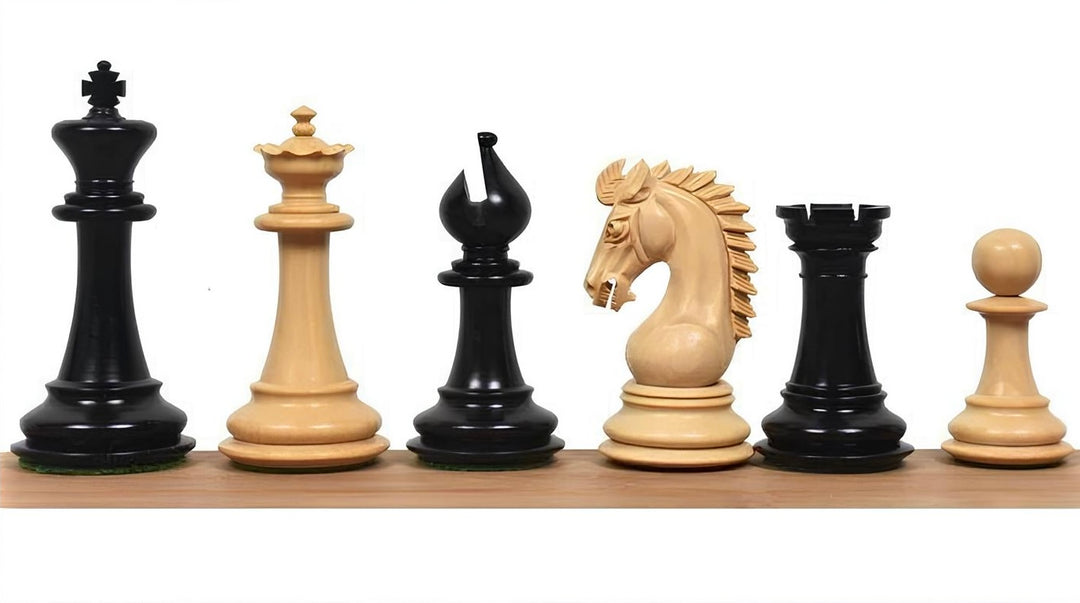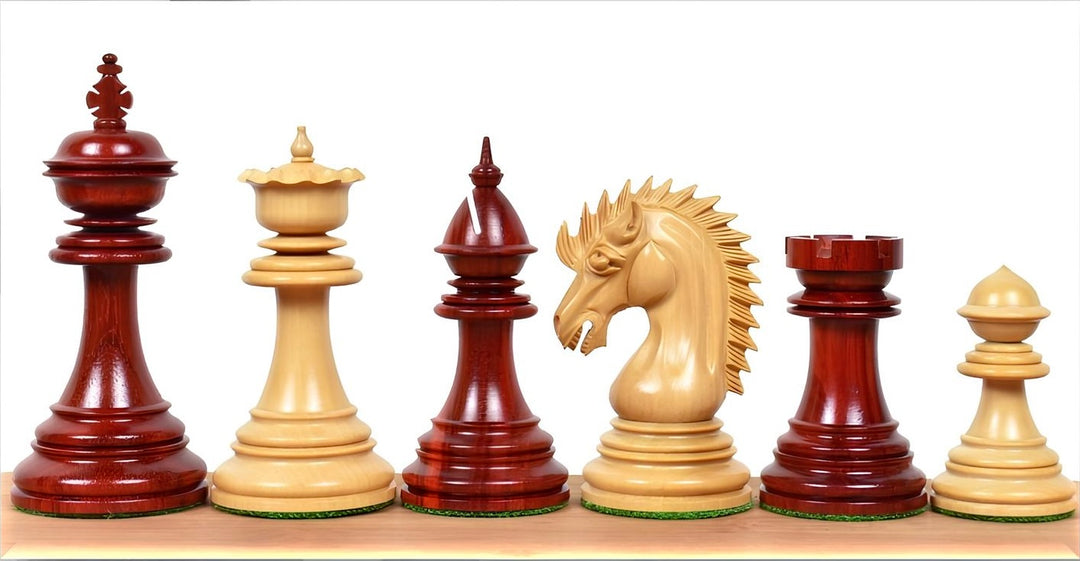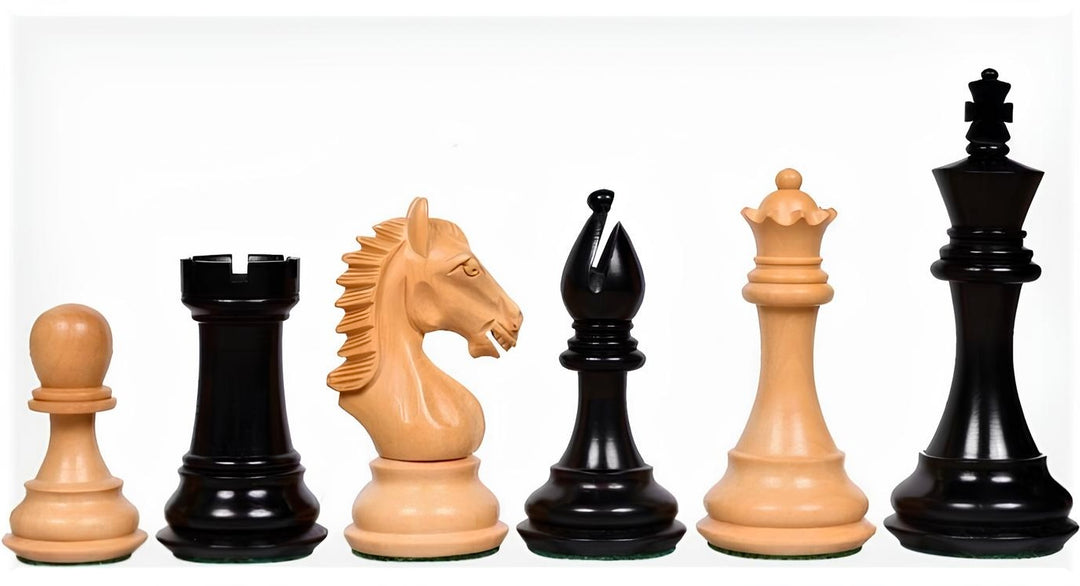Introduction to Artistic Chess Sets
Chess is not only a game of intellectual prowess but also a field in which art and craftsmanship find a prominent place. Chess sets, seen as mere tools by some, are regarded by others as stunning pieces of art. This perspective emphasizes the blend of functionality and aesthetic appeal, transforming ordinary gaming instruments into extraordinary works of art. This article explores how chess sets transcend their traditional role through artistic design, becoming collectibles and valuable pieces appreciated by both chess aficionados and art enthusiasts alike.
Historical Evolution of Chess Sets
The game of chess has ancient origins, tracing back to the 6th century in India, from where it spread to Persia and subsequently throughout the Islamic world and medieval Europe. Each region contributed to the evolution of the game’s equipment, making chess sets not only tools of the game but also a reflection of cultural and historical trends. The most iconic early designs include the Persian Shatranj sets, which featured abstract forms, and the intricate Islamic ivory sets that are considered highly valuable today for their detailed craftsmanship.
Notable Historical Chess Sets
One of the most famous historical chess sets is the Lewis Chessmen, which date back to the 12th century. Discovered on the Isle of Lewis and thought to be of Norse origin, these chess pieces are made from walrus ivory and whales' teeth, showcasing distinct medieval European style with kings, queens, bishops, knights, and rooks, all richly characterized. These pieces not only serve as a functional game set but also offer a deep dive into the social and cultural dimensions of their era.
Artistic Materials in Chess Design
Chess sets use a variety of materials, each adding a unique touch to their artistic presentation. Traditional sets are often crafted from wood and ivory, while luxurious sets may use metals like gold and silver, or even precious stones. Modern artists and designers experiment with glass, acrylic, and even digital media when creating virtual chess sets.
Wooden Chess Sets
Wood is the most common material for chess sets, prized for its durability and the ease with which it can be carved. Artisans choose from woods like ebony, rosewood, and boxwood, which are not only functional but also beautiful, allowing the natural grain to enhance the visual appeal. Hand-carved wooden chess sets can be true masterpieces, showcasing the artistry and skill of the craftsmen.
Luxury and Experimental Materials
Luxury chess sets elevate the game to the level of opulence, using materials such as gold, silver, and even encrusted jewels. For example, some high-end designs incorporate themes from history or mythology, with pieces that reflect this in every curve and detail. On the more experimental side, artists and designers use glass, crystal, or acrylic, which allows light to pass through the pieces, playing with transparency and reflection to stunning effect.
Chess Sets as Art Objects
Within the artistic realm, chess sets often cross the boundary between functionality and decorative purpose. Designers and artists like Man Ray, Marcel Duchamp, and more recently, Yoko Ono, have created chess sets that serve as thought-provoking art installations. These sets challenge the conventional form and function, interpreting the game and its pieces through various artistic lenses.
Iconic Modern Chess Sets
One prime example of chess design as contemporary art is The Art of Chess exhibition, which has featured sets designed by famous artists across the world. These sets redefine the visual limits of the game, transforming abstract ideas into tactile pieces that interact with players in unique ways. For instance, Tracey Emin's set features abstract human forms, exploring the emotional narratives of the chess pieces in a raw, almost provocative manner.
Collectibility and Cultural Impact
Chess sets can be valuable collectibles, with antique and artistically significant sets fetching high prices at auctions and private sales. Collectors and museums often seek out such sets not only for their historical value but also for their uniqueness and artistic merit. The tendency to collect chess sets also influences contemporary designers, inspiring them to create innovative works that could become the collectibles of the future.
Chess in Cultural Representation
Chess sets often appear in cultural and cinematic contexts, emphasizing their symbolic power. Unique or visually striking sets are particularly used in films and literature to denote intelligence, strategy, or the conflict between characters. The design of these chess sets can itself tell a story or convey a deeper meaning, enriching the narrative in which they appear.
Conclusion
The transformation of chess sets into artistic masterpieces underlines the interplay between art and function. Whether as ancient artifacts that tell stories of their times or modern art pieces that challenge perceptual boundaries, these chess sets remind us that beauty and creativity can permeate even the most intellectual pursuits. Thus, artistic chess sets not only serve the practical purpose of playing a game but also function as objects of admiration and cultural significance, enriching our lives both intellectually and aesthetically.
Discover the art of chess with our exclusive collection of themed chess sets! From historical to cool modern boards, find the perfect set for you. Movie chess sets, special chess sets & more!






















































Leave a comment